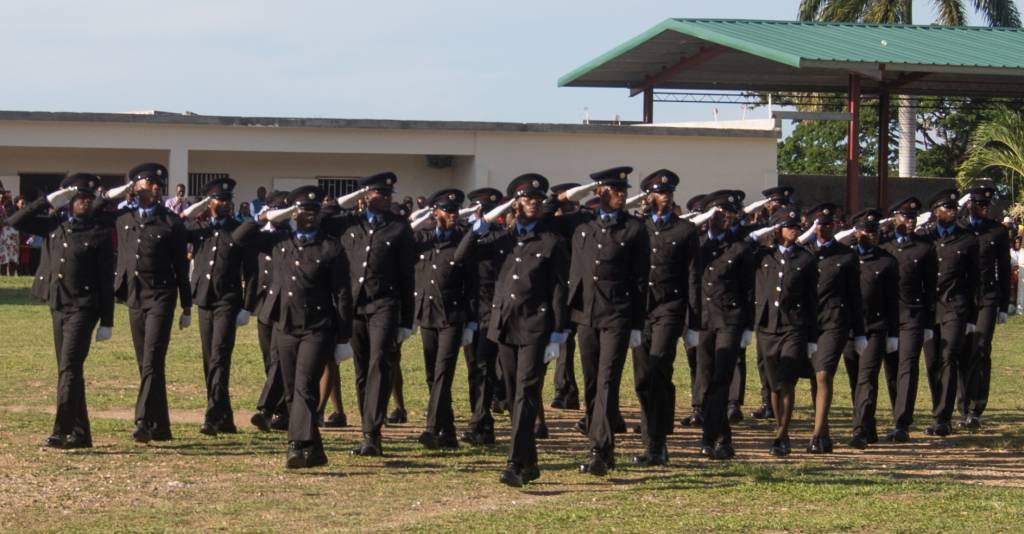Ultimate Guide to Sprinkler Systems and Fire Brigade Training
Ultimate Guide to Sprinkler Systems and Fire Brigade Training
Blog Article
Fire safety is critical for any organization. Integrating modern tools with human readiness is a powerful method to control fire outbreaks. Sprinkler systems and emergency readiness programs complement each other to reduce damage.
Understanding How Sprinklers Work
Fire protection networks are engineered to activate automatically. These systems operate through temperature-triggered nozzles to spray water. Fire suppression outlets targets the affected area, delivering targeted fire suppression.

Main parts of fire safety networks include:
- Water release mechanisms: Deliver water to fire zones.
- Water distribution systems: Maintain water pressure.
- Safety hubs: Provide manual override options.
- Backup tanks: Support uninterrupted suppression.
Why Fire Brigade Training is Essential
While sprinkler systems offer automatic protection, organized responses enhances overall protection. Fire safety exercises equip staff to handle fire emergencies and support automatic systems.

Core components of fire brigade training include:
- Understanding fire risks: Improving risk management skills.
- Emergency escape strategies: Ensuring safe evacuation.
- Hands-on fire control: Building confidence in emergency tools.
- Communication and teamwork: Encouraging teamwork under pressure.
Qual é o objetivo do uso do sprinkler em sistema de combate a incêndio?sistema de incêndio sprinkler
How Sprinkler Systems and Fire Brigade Training Work Together
Using both technology and human readiness enhances fire response efforts. With sprinklers controlling flames immediately, trained fire brigades address residual risks.

When integrated effectively, these systems provide peace of mind in residential buildings, offices and businesses, and industrial facilities alike.
Why Sprinklers and Training Are Essential
Sprinkler systems and fire brigade training provide unmatched fire safety. Investing in these measures enhances emergency responses for any fire scenario.
Ensure a safer tomorrow by acting today by investing in comprehensive safety measures. Your safety depends on both systems and skills!
Report this page